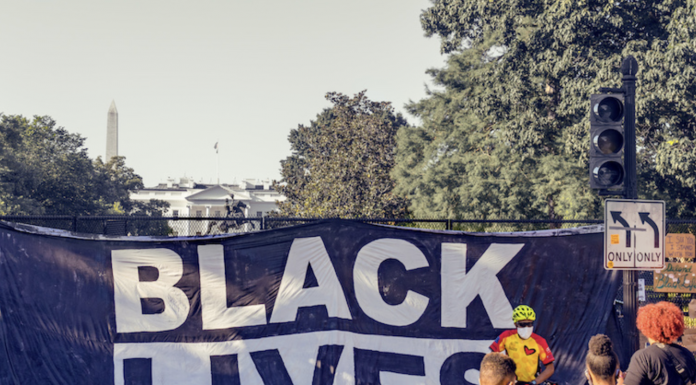FREE BEACON – In 2015, Dayna Bowen Matthew, the dean of George Washington University Law School, published a paper concerning racial disparities in health care.
She traced those disparities back to the Founding Fathers and argued their persistence today reflects the “structural violence” of American society.
Matthew was 1 of 11 people who helped draft the Centers for Disease Control’s ethical framework for allocating COVID-19 vaccines.
She is also listed as a “health equity” consultant to the Advisory Committee on Immunization Practices, which voted in November to vaccinate essential workers before the elderly, partly on the grounds that the elderly skew white—only to pull back Sunday in the face of outrage from across the political spectrum.
The committee openly acknowledged that its initial plan would result in more deaths than “vaccinating older adults first.”
But, the panel said, the plan would reduce racial disparities—something they deemed more important than saving lives—because essential workers, unlike adults over 65, are disproportionately black and Hispanic, the two groups that have borne the brunt of the pandemic.
How did the committee reach that conclusion?
According to meeting minutes, presentation slides, public statements, and even civil-rights directives, the now-scuttled plan didn’t come out of thin air.
Rather, it reflects the reductive, racialist worldview that is rapidly gaining ground in education, media, nonprofits, and now the U.S federal government—a worldview with concrete policy implications and concrete human costs.
That policy agenda was seeded by outside consultants like Matthew, who told the New York Times that racial inequality “requires us to prioritize by race.”
But it was also seeded by the CDC itself, which in September hosted a series of trainings on “racism, sexism, and other systems of structured inequality,” in direct violation of President Trump’s executive order barring such programs from government agencies …
Click the source below to read more.



